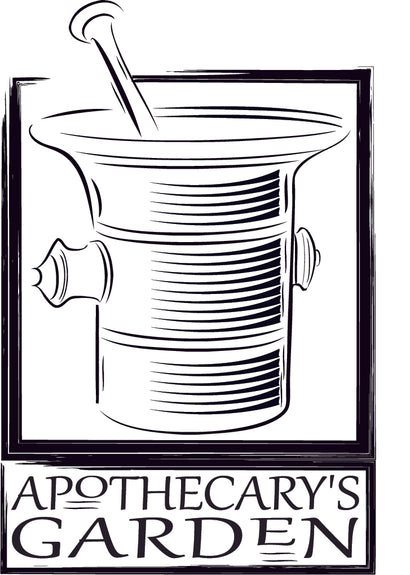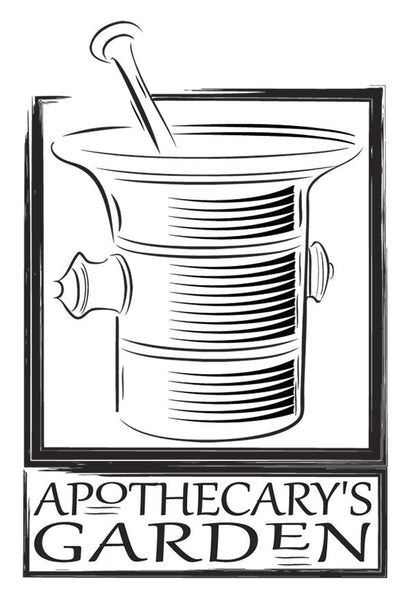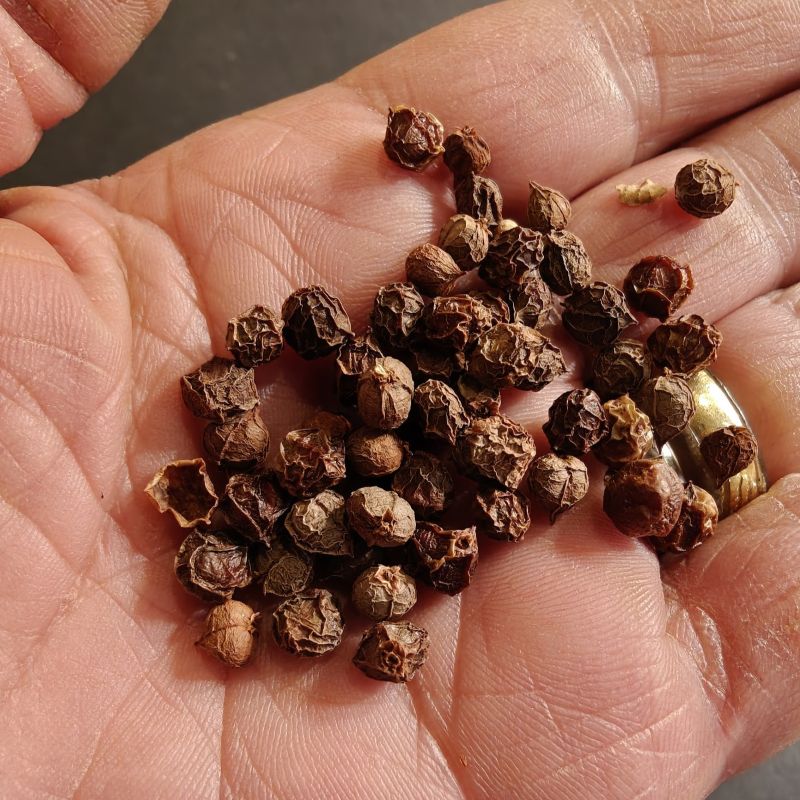
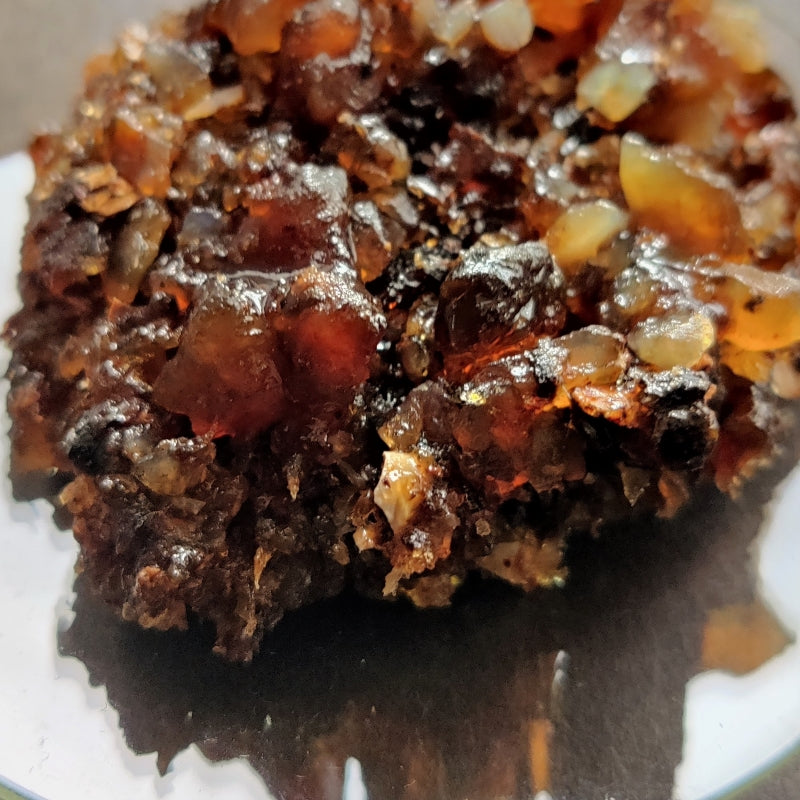
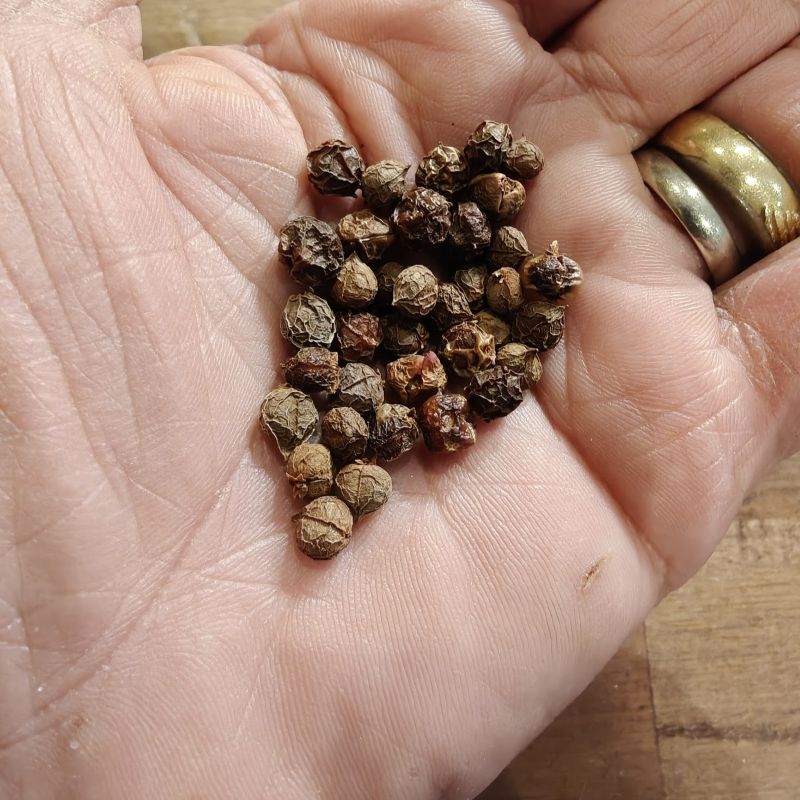
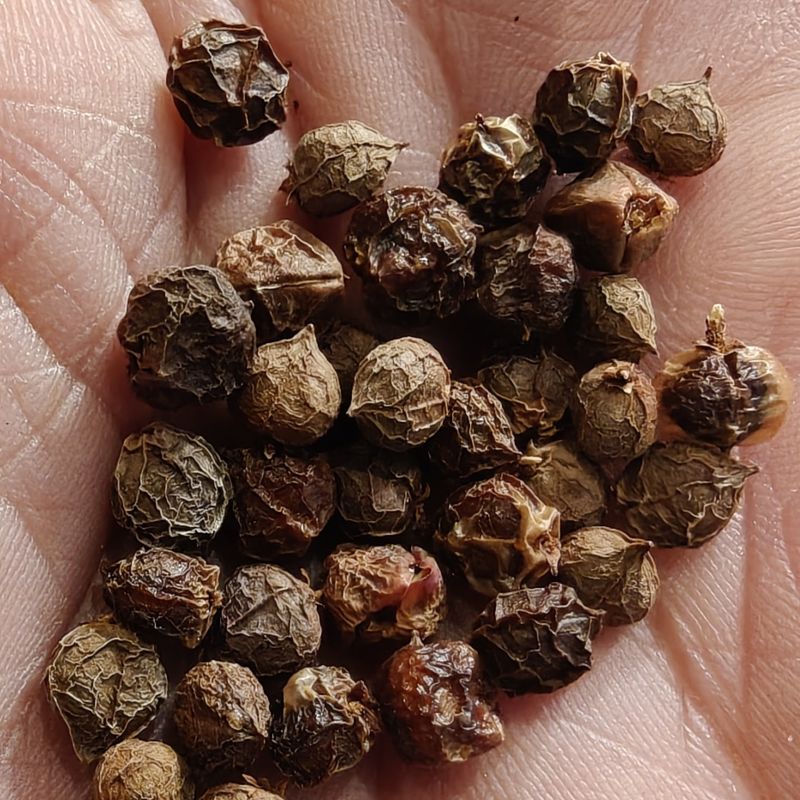
Guggul Seeds-Commiphora Mukul, Bdellium
These are seeds of the Guggul tree (Commiphora wightii) that yield Gum Guggul, which is used extensively in traditional medicine, especially in Ayurvedic and Unani medicine.
These seeds were custom-collected for Apothecary's Garden, and the collectors were paid a fair price for their work.
Guggul seeds must be scored, nicked or soaked in water for a few days before sowing in a well-draining soil mix. They should sprout within 3 weeks in a warm environment. There is much more information online on germination and their optimum growing needs. It will take a few years, but you can eventually collect your Gum Guggal from your trees.
This is of special importance because the trees in India and Pakistan have been overharvested, and their numbers are dwindling. There are many places around the world that offer ideal conditions for growing Guggal trees, and orchards of Gum Guggal could generate a handsome income while providing a sustainable harvest for decades to come.
At this time, I can only sell packages of 10 seeds. If they sell or if there is interest in larger quantities, I will have more seeds collected.
Gum Guggul
Though used as incense, Gum Guggul is better known for its extensive use in Traditional medicine systems such as Ayurveda and Unani systems, where, among other things, it is used for weight loss.
I do not personally use Guggul resin medicinally and have no experience with it in that context. Many online studies support the effectiveness of traditional applications, and the unique steroid it contains, Guggulsterone. A simple search will provide a much better education than I can offer you here.
As an incense ingredient, Gum Gugul does not have a strong aroma, which is simply the material's nature. It has a sweeter and more neutral scent than Myrrh and scented Myrrh. You can find Gum Guggul in the shop here-
Along with Frankincense, Myrrh is one of the most well-known natural oleoresins in the world. Famous for its use since biblical times as medicine, fragrance and incense, Myrrh has long been valued for its many medicinal applications and has been, at times, worth its weight in gold.
The name Myrrh is rooted in The Aramaic word for bitter. Mar, Mor. It lives up to its name with a wonderfully rich, sweet, stimulating bitterness. Some associate this with the names Mary, Miriam, Mariam, and believe it to mean the bitter of the sea, the froth of the sea. (Sometimes associated with the Goddess Astarte, Ashtoreth). Either way, Myrrh is considered to be of a feminine nature, which is appropriate since Myrrh is ruled astrologically by the Moon and has an affinity with the fluid systems of our body. ( Frankincense is ruled by the Sun).
Dan
